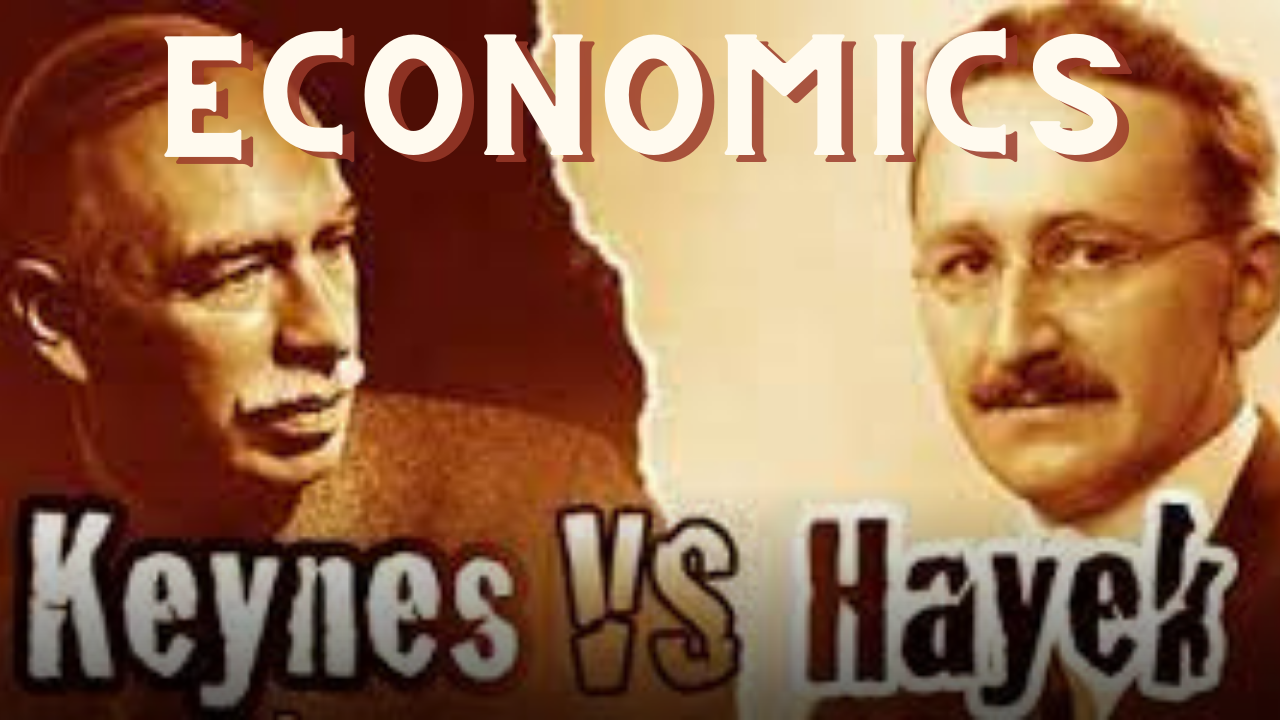Great debates in economics: Keynes versus Hayek
The debates between John Maynard Keynes and Friedrich Hayek are some of the most significant economic debates. These two economists had very different ideas about how an economy should be managed and what policies most effectively promoted growth and stability.
Keynes and Hayek were both prominent economists during the early 20th century. Keynes was a British economist who believed in the power of government intervention in the economy. On the other hand, Hayek was an Austrian economist who believed in the power of the free market.
One of the key differences between Keynes and Hayek was their views on the role of government in the economy. Keynes believed that government intervention was necessary to promote economic growth and stability. He argued that government spending could boost demand during economic downturns, increasing employment and growth. This approach became known as Keynesian economics.
Hayek, however, believed that government intervention could harm the economy. He argued that the free market was the best way to allocate resources and promote economic growth. He believed government intervention could lead to inefficiencies, distortions, and even economic crises.
Another critical difference between Keynes and Hayek was their views on the business cycle. Keynes believed that a lack of aggregate demand caused the business cycle. He argued that government spending could boost demand during economic downturns and get the economy back on track.
On the other hand, Hayek believed that the misallocation of resources caused the business cycle. He argued that during economic booms, resources were misallocated, leading to a bust. Hayek believed the best way to prevent economic booms and busts was to let the free market work without government intervention.
The debate between Keynes and Hayek continues to this day. Many economists believe that both Keynesian and Hayekian policies have a role in managing the economy. For example, during times of economic downturn, government spending can help boost demand and prevent a recession. However, excessive government intervention can lead to inefficiencies and distortions in the market.
The debates between Keynes and Hayek have also highlighted the importance of understanding the complexities of the economy. There is no one-size-fits-all solution to economic management. Instead, economists must consider a range of factors, such as the state of the economy, the level of government debt, and the long-term consequences of policy decisions.
In conclusion, the debates between Keynes and Hayek have been instrumental in shaping economic thought and policy. While the two economists had very different views on the role of government in the economy, their ideas have contributed to a deeper understanding of the complexities of economic management. Today, economists continue to grapple with the challenges of managing the economy in a way that promotes growth, stability, and prosperity for all.



